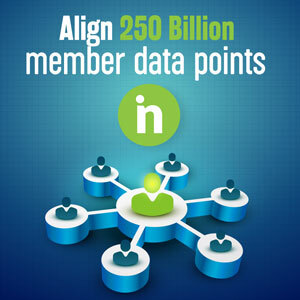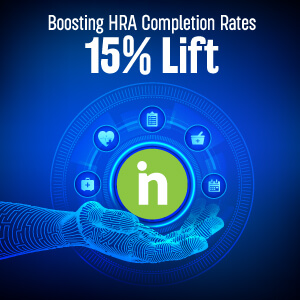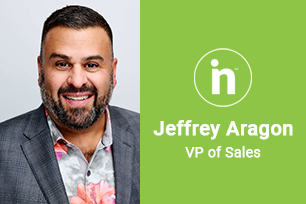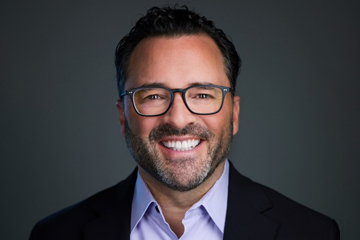RISE 2022: Health plans grapple with how to acquire, implement health equity data
NASHVILLE, Tenn. — New requirements looming from the Biden administration have health plans working to get key social determinants of health data (SDOH) on their members to improve equity.Plans may have to figure out how to glean and digitize the information from non-healthcare stakeholders soon.
The Centers for Medicare & Medicaid Services (CMS) asked for comments on potential equity quality measures to add in the Medicare Advantage and Part D advance notice last year. Chief among them is adding a quality measure to plan star ratings assessing how plans are screening for common social risk factors like food insecurity or transportation needs.
But insurance lobbying group AHIP said in comments on the proposed rule that CMS needs to create some standardization in how SDOH data are collected. The group added that providers could face a major administrative burden to collect and code such data.
Some plans have been looking to collect SDOH data to identify patients that are in need of certain benefits, such as those facing food insecurity.
Kyle Silvestro, CEO and founder of payer workflow software company SyTrue, said he has worked for Humana to use customer analytics to identify patients that are facing social risk factors.
But even when a plan can get the data and identify patients in need, delivering such care could be difficult, he told Fierce Healthcare.
“You have to create incentives for the members to take the actions they need to take,” he said.
Silvestro gave the example of African health plan Discovery Health, which incentivized members to become active participants in their own health through a variety of ways; for example, if they spend a certain amount on healthy foods, they get a discount on premiums.
Plans also need to dive deeper into the data they receive to really glean why a patient is having SDOH issues, said Carissa Stajnrajh, vice president of clinical strategy for Insightin Health, a technology company that offers personalized platforms for payers to analyze member data.
“What cohort of the population has access to care issues? It is not clear cut or clean. You have to layer on top of that and [find out] what is the reason … they are not getting access to care,” Stajnrajh told Fierce Healthcare. “Is it transportation issues? Do they not have a roof over their head?”
Experts added that plans don’t just need information on the patients to address inequities.
Horizon Blue Cross Blue Shield of New Jersey is gathering information on the race of providers to “see where the disparities exist even just in rendering care,” said Tracy Parris-Benjamin, director of clinical design and community health for Horizon, during a session at RISE 2022.
“It is not just rendering care and treating based on a diagnosis but understanding the needs of that community,” Parris-Benjamin said of the need for providers to submit these data. She added it is “important to identify the data and where do we need to collaborate.”





